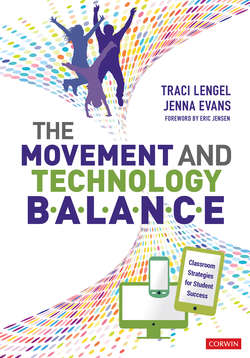Читать книгу The Movement and Technology Balance - Traci Lengel - Страница 14
На сайте Литреса книга снята с продажи.
A Society on the Move A Past Perspective
ОглавлениеLater in this chapter, as we dive deeper into the history of movement, we will clearly see that we were consistently a society of movers. The reasons for physical activity and the levels of intensity evolved over time to fit our societal, cultural, and personal needs. When you recall your own childhood, would you describe yourself as active? In the past, children played outside with their peers for extensive hours. This sense of free play was enjoyed and valued. Physical activity was viewed as an important part of making childhood memories. These experiences played a role in helping youngsters become the people they are today. Life skills were developed during peer encounters and free play, while movement and physical activity were highly esteemed throughout history. We were a society that moved for our livelihood, work, play, fitness, health, and enjoyment. It was essential, desired, and expected. Most viewed physical activity as a standard, and minimal thought was put into its process. We just did it and it was a part of who we were.
When most teachers reflect on their own childhood education, they typically recall minimal movement throughout the school day with the exception of recess and physical education classes. However, these same people will also say they were physically active outside of school hours. It was common for children and adolescents to play outside until it was dark and a family member ordered them back to the home for the evening. In this example, the sedentary nature of the school day had a minimal effect on the health and well-being of this generation because of the active lifestyles in the home environment. Children often played with neighbors as they organized and managed their own games and activities without parental assistance. The historical viewpoint in regard to movement is strong and constant. Although needs and interests changed throughout the years, we were steadily viewed as a society of movers.
